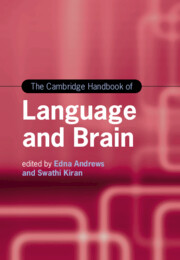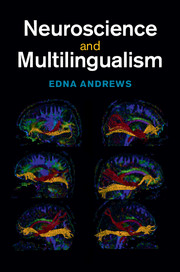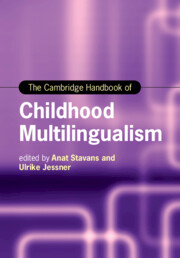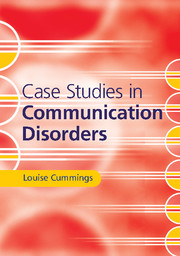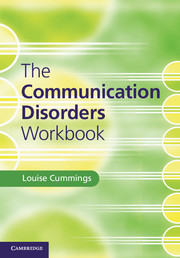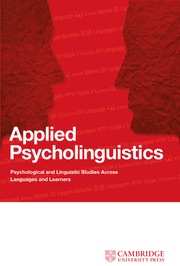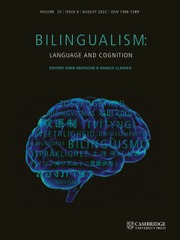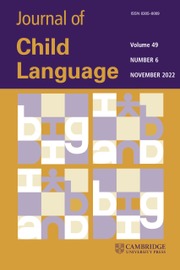The Cambridge Handbook of Language and Brain
The topic of language and brain is a large and significant area of research and study, and this Handbook provides a state-of-the-art survey of the field. Bringing together contributions from an interdisciplinary team of internationally-renowned scholars, it focuses on important theoretical positions that have changed the study of language and brain in the first two decades of the 21st century. It is split into seven thematic parts, covering topics such as theoretical foundations of language and brain, neuroimaging studies of brain and language, language and cognitive development, building cognitive brain reserve and the importance of proficiency, aphasia and autism spectrum disorders, brain, language and music, and new directions and perspectives. Representing the most powerful trends in the field, it will inform new directions in the study of language and brain, cognitive neuroscience and neuroimaging, and scholars and advanced students will find this compilation an invaluable resource for years to come.
- Provides a comprehensive overview of important trends, methods and central questions in research on brain and language
- Identifies key new approaches to the study of language and the brain, including several technological advancements and theoretical shifts in cognitive neurosciences
- Brings together contributions from an internationally renowned group of scholars, representing the multiple disciplines that are critical to the study of language and brain
Product details
April 2025Hardback
9781009202282
800 pages
244 × 170 mm
Not yet published - available from April 2025
Table of Contents
- Part I. Introduction: Theoretical Foundations of Language and Brain:
- 1. At the crossroads of the study of language and brain in healthy subjects and in pathology: foundational questions through an innovative lens (Deepening of the analysis of networks crucial for language processing: Questions, theory, application) Edna Andrews and Swathi Kiran
- Part II. Neuroimaging Studies of Brain and Language: Hemodynamic and Electrophysiological Studies:
- 2. Neuroimaging of cognitive reserve in bilinguals Federico Gallo and Jubin Abutalebi
- 3. Networks and multimodalities underlying language processing in the brain: evidence from structural and functional neuroimaging Edna Andrews and Charlotte Sophia Rammell
- 4. TMS as a tool for mapping the dynamic properties of language in the brain Harsheen Kaur, Gerald Grant and Fiona Baumer
- Part III. Language and Cognitive Development:
- 5. Functional connectivity and recovery from Aphasia Tali Bitan
- 6. Recent developments in psycholinguistics and neurolinguistics through the lens of Aphasia Erin L. Meier and Chaleece W. Sandberg
- 7. The default mode network and language impairment in stroke and neurodegeneration E. Susan Duncan, Aswathy Anakkathil Pradeep, Juhi Kidwai and Adam Buchwald
- 8. Language and cognition Sarah Villard, Lauryn Zipse, and Sofia Vallila-Rohter
- Prediction in language processing: some ideas about how it's done Matthew J. Traxler and Tamara Y. Swaab
- Part IV. Brain and Languages: A. Building Cognitive Brain Reserve and the Importance of Proficiency:
- 10. Bilingualism as a dynamic experience and its effects on brain structure, function and metabolism Christos Pliatsikas
- 11. Factors in variable outcomes in second language acquisition David Birdsong
- 12. Longitudinal fMRI analyses of second language acquisition: expanding the repertoire of imaging techniques and proficiency measures in future studies Edna Andrews and Alexandria Swaine
- 13. Cognitive and neural aspects of the multilingual mental lexicon John Schwieter and Gabrielle Klassen
- B. Aphasia and Autism Spectrum Disorders:
- 14. Language control in bilingual aphasia Teresa Gray and Arpita Bose
- 15. Neural foundations of language in autism spectrum disorder Meredith Pecukonis, Lindsay Butler, Charlotte Gaynor, and Helen Tager-Flusberg
- Part V. Brain, Language and Music:
- 16. Neuroplastic effects of music expertise on speech-language processing Gavin M. Bidelman, Jane A. Brown, Rose Rizzi, and Jessica MacLean
- 17. Music and language in the brain: balancing domain-specific and domain-general mechanisms Stephen C. Van Hedger and Urvi Maheshwari
- Part VI. New Directions and Perspectives:
- 18. Hippocampal dependent memory supports communication and language: Implications for cognitive-communication disorders Melissa C. Duff and Natalie V. Covington.

